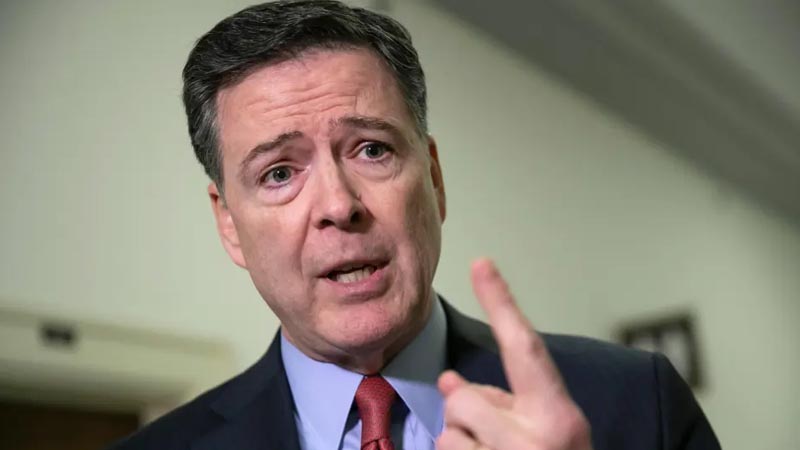DeJoy Rejects 75% Workforce Cuts as USPS Solution in Heated Hearing

(Photo courtesy of House and Oversight Committee)
Under sharp questioning from Rep. Jasmine Crockett (D-TX) during a House Oversight Committee hearing on Tuesday, Postmaster General Louis DeJoy conceded that drastic workforce cuts proposed by the Department of Government Efficiency (DOGE) would not resolve issues within the United States Postal Service (USPS).
The exchange began when Crockett questioned Postal Service Inspector General Tammy Hull about the impact of such cuts. “There has been mention of DOGE and how that is going to come into play, and I’m curious to know, just yes or no, Inspector General Hull, quick question: have you found that if the post office was to cut its workforce by 75%, that that would somehow fix all of the problems within the post office?”
Hull responded plainly: “No, we’ve not done any work in that area like that.” Turning her attention to DeJoy, Crockett asked directly, “Postmaster DeJoy, are you anticipating that a 75 percent cut in your workforce would solve all of the problems of the post office?”
DeJoy, appointed during President-elect Donald Trump’s first administration, admitted, “No.” Crockett seized on the admission, highlighting a broader Republican push to slash federal spending. “So it’s interesting because my colleagues seem to be so excited because there’s a new sheriff in town, and the co-sheriff of the DOGE committee, more specifically Mr. [Vivek] Ramaswamy, has actually proposed cutting 75% of our federal workforce to try to rein in some of the spending,” she remarked.
The DOGE initiative, which has gained support from figures like House Speaker Mike Johnson (R-LA), aims to reduce federal agencies’ workforce by 75% to curb government spending. Crockett’s line of questioning underscored the impracticality of applying such drastic cuts to essential services like the USPS.
The USPS has long faced operational and financial challenges, including outdated infrastructure, rising delivery demands, and funding shortfalls. DeJoy’s acknowledgment that such extreme workforce reductions wouldn’t solve the agency’s problems highlights the complexities involved in reforming the postal system.
Critics argue that slashing federal agencies’ workforces, particularly in essential services, would disrupt operations and hurt Americans who rely on those services.
Crockett’s pointed questioning called attention to the limitations of the DOGE proposal, challenging its supporters to reconcile their plans with real-world consequences. With DeJoy himself dismissing the notion of workforce cuts as a solution, the USPS remains a focal point in the debate over the future of federal agencies and government efficiency.


